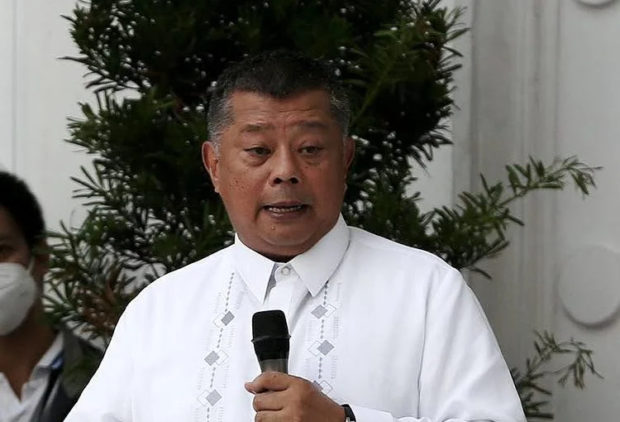DOJ won’t contest Manila court’s dismissal of bid to terror-tag CPP-NPA

FILE PHOTO: DOJ Secretary Jesus Crispin Remulla. INQUIRER FILES
MANILA, Philippines — The Department of Justice (DOJ) would not contest a Manila court’s dismissal of a petition for proscription that sought to label the Communist Party of the Philippines and the New People’s Army (CPP-NPA) as terrorist organizations on the grounds that the court had relied on an archaic legal provision in reaching its decision.
DOJ spokesperson and Assistant Secretary Jose Dominic Clavano said in a statement on Friday that the Human Security Act of 2007 was the basis for the Manila Regional Trial Court’s decision, despite having been repealed by Republic Act No. 11479, also known as the Anti-Terrorism Act of 2020.
According to Clavano, it is the responsibility of the Court of Appeals, not lower courts, to determine whether or not a group is a terrorist organization, as required by the Anti-Terrorism Act (ATA). Therefore, the Department of Justice did not petition for reconsideration (MR).
“Yes, we will forego remedies of filing a Motion for Reconsideration and Petition for Certiorari under Rule 65. Instead, we will file a new proscription case under the Anti-Terrorism Act of 2020 (ATA),” he said.
“Under that law, jurisdiction over proscription cases fall under the original jurisdiction of the Court of Appeals,” he added. “We opted not to file an MR because the basis of the RTC decision is the Human Security Act which has already been repealed by the ATA.”
Earlier, in an interview with CNN Philippines’ The Source, Justice Secretary Jesus Crispin Remulla also shared Clavano’s sentiments, noting that the duty of proscription or designation falls under the Court of Appeals.
“The law used in RTC case is already a law repealed by the anti-terror act of 2020. Appealing the case will not serve us any good or even filing MR kasi walang batas talaga na dapat pagusapan dito. The law covered by the case is a repealed law,” Remulla said.
“Under the new law, the jurisdiction for proscription of terrorist organizations will lie in the Court of Appeals. We are now preparing our case for the proscription of CPP-NPA,” he added.
Not a setback
Like former senator Panfilo Lacson said, the ruling by the Manila court does not influence the ATA, therefore it should not be seen as a setback for the government.
Lacson, a strong proponent and the author of the said law, also noted that the court’s decision is under the “Saving Clause” provision that the ATA provided.
“The Manila RTC’s dismissal of the pending proscription case is pursuant to the Saving Clause provision under the Anti-Terrorism Act and should not in any way be interpreted as a setback for the law itself,” the former senator said.
READ: Lacson: Dismissal of proscription case vs CPP-NPA not a setback to anti-terror law
On Thursday, the Manila court rejected the DOJ’s motion, which would have given the agency permission to wiretap, freeze, and view the bank accounts of suspected CPP-NPA officials and members.
READ: Huge setback for gov’t as court nixes bid to declare CPP-NPA terror org
CPP-NPA said that the court’s decision was a pleasant surprise, with CPP spokesperson Marco Valbuena adding that the party’s action plans are “reasonable aspirations of any civilized society.”
The Anti-Terrorism Act was signed into law on July 3, 2020, and took effect on July 18. However, there were 37 petitions filed before the Supreme Court to contest the law’s constitutionality.
However, the Supreme Court said that most of the ATA are constitutional, except for Section 4 and Section 25, which are said to be overbroad and violative of freedom of expression.
READ: Anti-Terror Law constitutional except for two parts, says SC
JPV/abc
Subscribe to INQUIRER PLUS to get access to The Philippine Daily Inquirer & other 70+ titles, share up to 5 gadgets, listen to the news, download as early as 4am & share articles on social media. Call 896 6000.